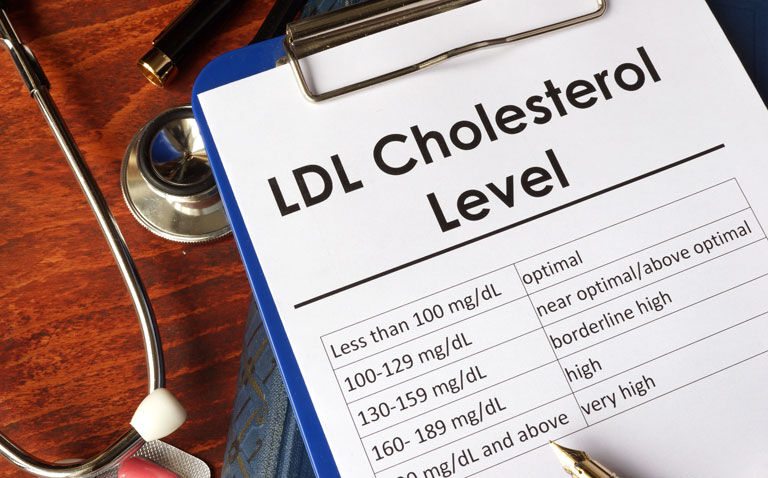Bempedoic acid has been found to significantly reduce major adverse cardiovascular events among patients intolerant of statin therapy
Bempedoic acid (BPA) use in patients at high risk for cardiovascular disease or who are statin intolerant, significantly reduced the incidence of major adverse cardiovascular events compared to placebo according to the findings of a large, randomised, double-blind, placebo-controlled trial by an international research group.
Treatment with statin drugs is a recommended as part of the therapeutic strategy for the management of patients with atherosclerotic cardiovascular disease or in those at a high risk of such disease. Nevertheless, not all patients can tolerate a statin and it is estimated that between 7 and 29% of patients complain of statin-associated muscle symptoms. One alternative treatment to reduce LDL cholesterol for statin-intolerant patients is BPA which, like statins, reduces hepatic cholesterol synthesis and raises LDL receptor expression. The drug is an ATP citrate lyase inhibitor and targets cholesterol synthesis upstream of 3-hydroxy-3-methylglutaryl coenzyme A reductase, which is the enzyme targeted by statins and has a lower incidence of muscle-related adverse effects. Currently studies have revealed that bempedoic acid is able to significantly reduce LDL cholesterol levels although whether this also translates into a reduction of adverse cardiovascular outcomes is unknown.
In the current study, researchers randomised patients who were either unwilling or unable to take statins, (i.e., were statin intolerant) and/or were at a high risk of cardiovascular disease, to oral bempedoic acid, 180 mg daily or placebo. The primary end point was a four-component composite of major adverse cardiovascular events, i.e., death from cardiovascular causes, non-fatal myocardial infarction, non-fatal stroke or coronary revascularisation.
Bempedoic acid and adverse cardiovascular events
A total of 13,970 patients with a mean age of 65.5 years (48.3 % female) were randomised to bempedoic acid (6,992) or placebo and followed for a median of 40.6 months.
The primary outcome occurred in 11.7% of those assigned to BPA and 13.3% of placebo patients and this difference was statistically significant (Hazard ratio, HR = 0.87, 95% CI 0.79 – 0.96, p = 0.004).
Significant differences favouring bempedoic acid were also found for fatal or non-fatal myocardial infarction (HR = 0.77, p = 0.002) and coronary revascularisation (HR = 0.81, p = 0.001) but not for fatal and non-fatal strokes.
The authors concluded that for statin-intolerant patients, treatment with bempedoic acid was associated with a lower risk of major adverse cardiovascular events.
Citation
Nissen SE et al. Bempedoic Acid and Cardiovascular Outcomes in Statin-Intolerant Patients. N Eng J Med 2023










